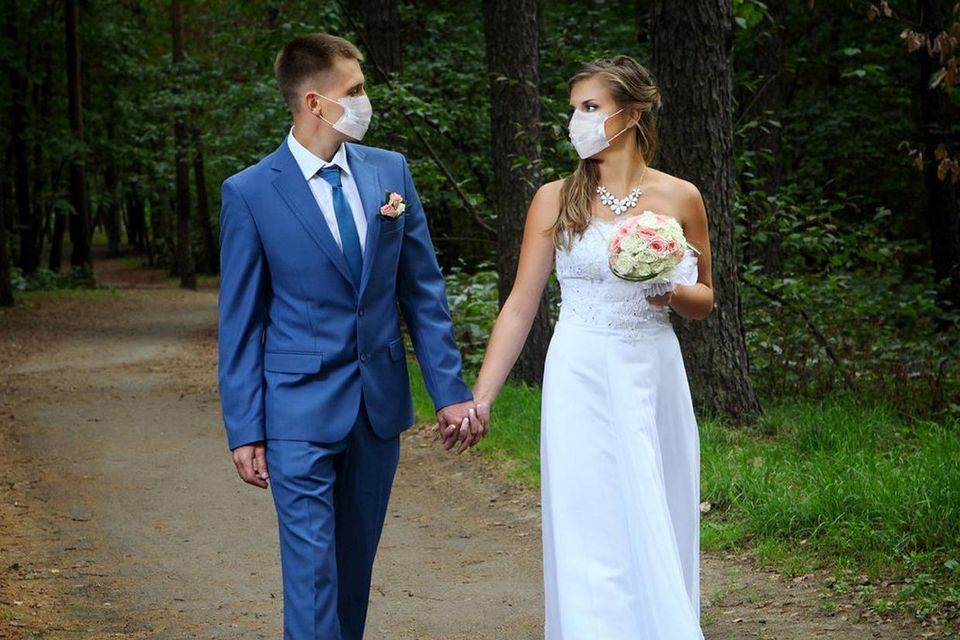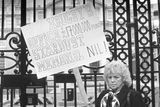Wedding plans in chaos after Tánaiste indicates guest limit may not rise to 100 in August
Weddings are currently restricted to 50 people (stock photo)
News that wedding numbers will likely remain at 50 for August is “hugely upsetting” for couples and could cost them thousands of euro, a leading wedding planner has said.
Weddings are currently restricted to 50 people, but it had been expected that this number would double to 100 people on August 5.
Yesterday Tánaiste Leo Varadkar said that the limit “might change to 100”, but that he “doesn’t anticipate” many restrictions being lifted in the coming weeks. He advised that couples should “operate on the basis” that wedding receptions will continue to be limited to 50 people.
“I don’t think it’s surprising, but it’s hugely upsetting for a lot of couples,” said Tara Fay, wedding planner and President of the Irish Wedding Association.
Read more
“I don’t think when they heard initially that we were going to possibly move to 100 people in August that they heard the caveat that it was dependent on current health advice. A lot of them would have sent out their invitations in June for 100 people,” she told RTÉ Radio One’s Morning Ireland this morning.
Ms Fay says the “deafening silence” from government has left those working in the wedding industry without hope that numbers will ever increase, and has left couples desperate for more information.
“My phone was ringing off the hook from couples, from their parents, from siblings, none of these people I know, just asking did I have any insight. They would have invited 100 people and now they don’t know what to do.
“I think it would be easier just to come out and say it is not happening, as opposed to giving some hope. People who are getting married for September, October, and November, they need to know,” she said.
Ms Fay said that nobody in the industry has been consulted about public health measures concerning weddings.
“Nobody has ever contacted anybody in the wedding industry over the last 17 months to discuss anything, as regards restrictions, or our thoughts, anything,” she said.
“The wedding industry is an incredibly busy, viable, vibrant industry in this country that contributes huge amounts to local economies and is part of tourism, and we have had absolutely no interaction with any department,” she added.
Ms Fay says weddings at the moment are not what you would think of as a traditional wedding.
No live music means no first dance, and people having to remain seated at tables of six means no grand top table or crowded dance floor all night long. Weddings also have to adhere to a curfew of 11.30pm.
Ms Fay says there are certain factors with wedding receptions that make them safer than regular indoor dining, which are not being taken into account.
“We have the best contact tracing system for weddings, because every wedding will have a table plan and we know exactly where every single guest is sitting during the whole dinner, as opposed to, a restaurant that would have more than 50 people in it at any one time,” she said.
“Also, a lot of the age profile of our wedding couples and guests would be fully vaccinated, but none of that has been taken into account,” she added.
Ms Fay advised couples to temper their expectations for guest numbers, try to reduce numbers by dividing couples and asking one person to stay at home, and hold off paying venues for 100 guests without certainty.
“If you have already paid for 100 guests, you will have to go and have very difficult conversations with venues to try and get your money back. Venues have to be a viable business, they will have to look at their accounts and see if they can refund the monies to couple as well,” she said.
Join the Irish Independent WhatsApp channel
Stay up to date with all the latest news















